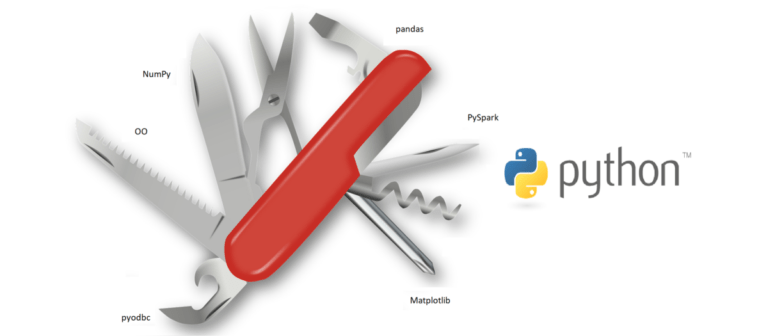Comparison of Jenkins vs NetSuite: A Detailed Analysis
In the realm of software tools and business solutions, Jenkins vs NetSuite stand out as popular choices for their respective functionalities. Jenkins, an automation server, and NetSuite, a cloud-based ERP solution, offer distinct features and benefits. In this comparison, we delve into the key aspects of each platform, based on user reviews and real-world data, to help you make an informed decision for your business needs.
Ease of Use and Setup
Jenkins, being an open-source automation server, is renowned for its flexibility and customization options. However, this flexibility comes at the cost of complexity, especially during the initial setup. Users often report that Jenkins requires a steep learning curve, particularly for those new to continuous integration and deployment (CI/CD) practices.
On the other hand, NetSuite boasts a user-friendly interface and a relatively straightforward setup process. With its cloud-based architecture, NetSuite eliminates the need for on-premises infrastructure, making it a more accessible option for businesses looking to streamline their operations without extensive IT support.
Business Fit and Support
When it comes to choosing between Jenkins vs NetSuite, assessing your business needs is crucial. Jenkins is ideal for organizations with a strong focus on software development and CI/CD pipelines. Its extensible plugin ecosystem makes it suitable for integrating with a wide range of tools and technologies, making it a versatile choice for development teams.
NetSuite, on the other hand, caters to a broader spectrum of business operations, offering modules for financial management, inventory tracking, and customer relationship management (CRM). Its comprehensive suite of features makes it an attractive option for medium to large enterprises looking for a holistic ERP solution.

Feature Updates and Roadmaps
Jenkins, being open-source, benefits from a vibrant community of developers contributing to its continual improvement. This results in frequent updates and new features being added to the platform, ensuring that Jenkins remains at the forefront of CI/CD automation tools.
NetSuite, as a commercially-driven product, follows a structured roadmap for feature updates and enhancements. While this may result in less frequent updates compared to Jenkins, NetSuite’s updates are often well-tested and geared towards addressing specific business needs, ensuring stability and reliability.
Integration Capabilities
One of Jenkins’ strengths lies in its integration capabilities, particularly with GitHub. Jenkins, located on GitHub itself, offers a wide array of plugins for seamless integration with GitHub repositories. This integration extends to build triggers, authentication, and commit status updates, providing a robust ecosystem for version tracking and repository management.
NetSuite, on the other hand, offers integration with a variety of third-party applications and services through its SuiteCloud platform. This allows businesses to extend NetSuite’s functionality and integrate it with other business-critical systems, providing a unified view of their operations.
The choice between Jenkins vs NetSuite ultimately depends on your business’s specific needs and priorities. Jenkins excels in CI/CD automation and software development environments, offering unparalleled flexibility and customization options. On the other hand, NetSuite shines as a comprehensive ERP solution, catering to a wide range of business operations with its user-friendly interface and robust feature set.
- Jenkins: Flexible and customizable, steep learning curve, ideal for software development and CI/CD pipelines.
- NetSuite: User-friendly interface, straightforward setup, comprehensive ERP solution for medium to large enterprises.
- Jenkins: Benefits from a vibrant open-source community, frequent updates, and new features.
- NetSuite: Follows a structured roadmap for feature updates, well-tested updates geared towards specific business needs.
In the ever-evolving landscape of software tools and business solutions, choosing between Jenkins vs NetSuite requires careful consideration of your organization’s unique requirements. While Jenkins offers unparalleled flexibility and integration capabilities for software development, NetSuite provides a comprehensive ERP solution tailored to a wide range of business operations. By evaluating your business needs and priorities, you can make an informed decision that aligns with your long-term goals and objectives.





